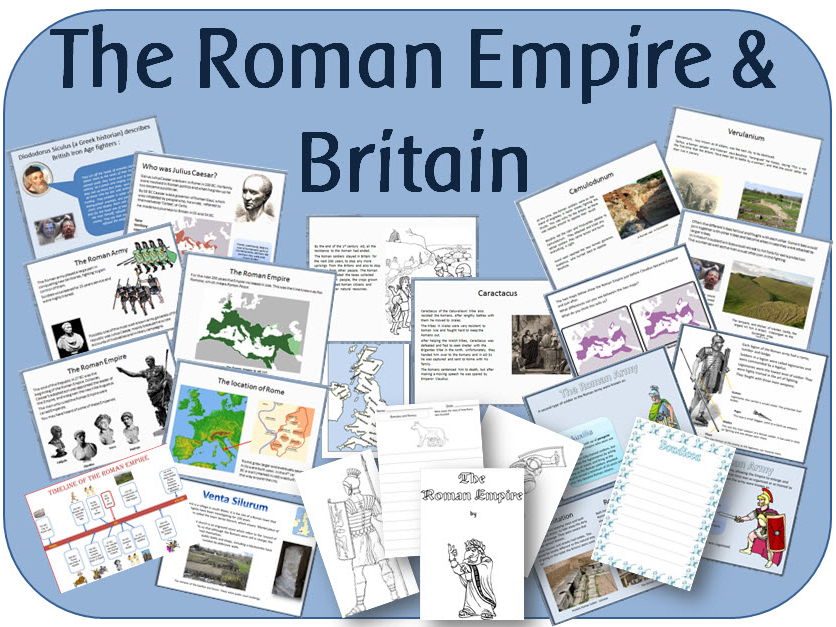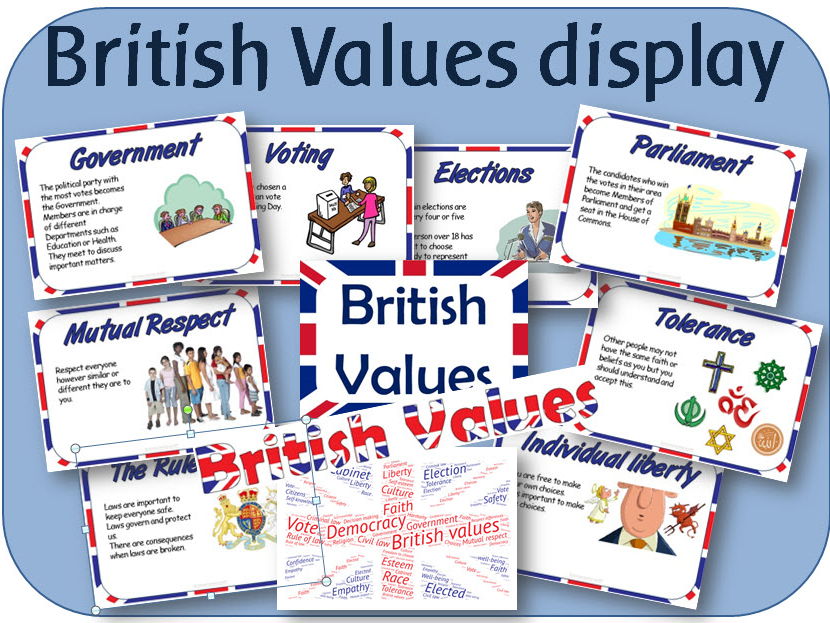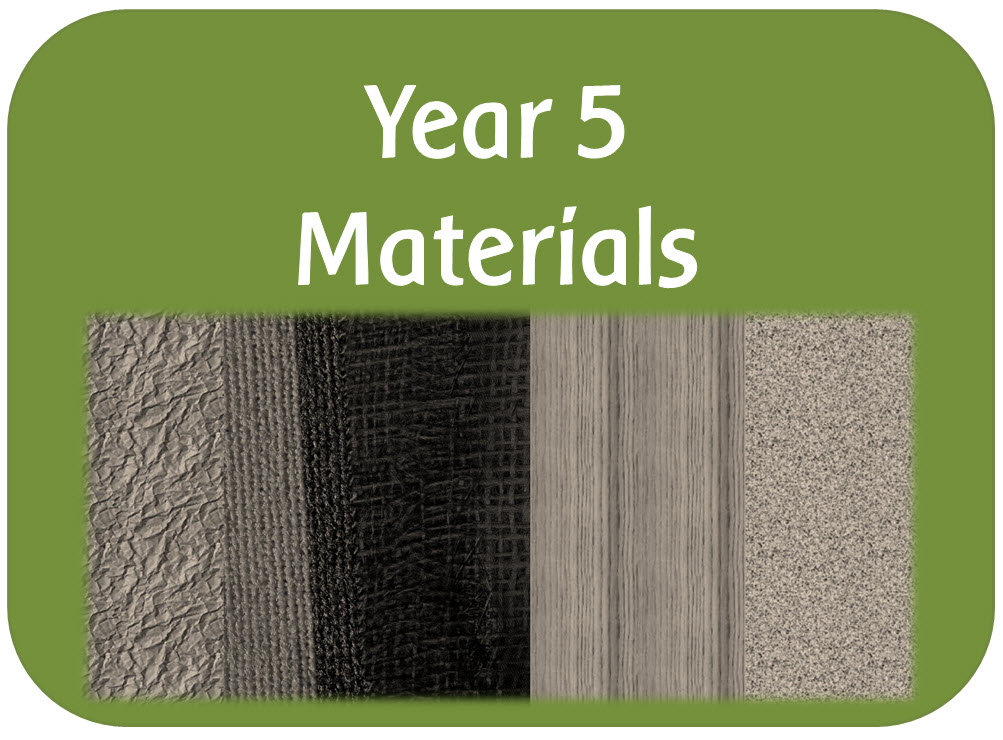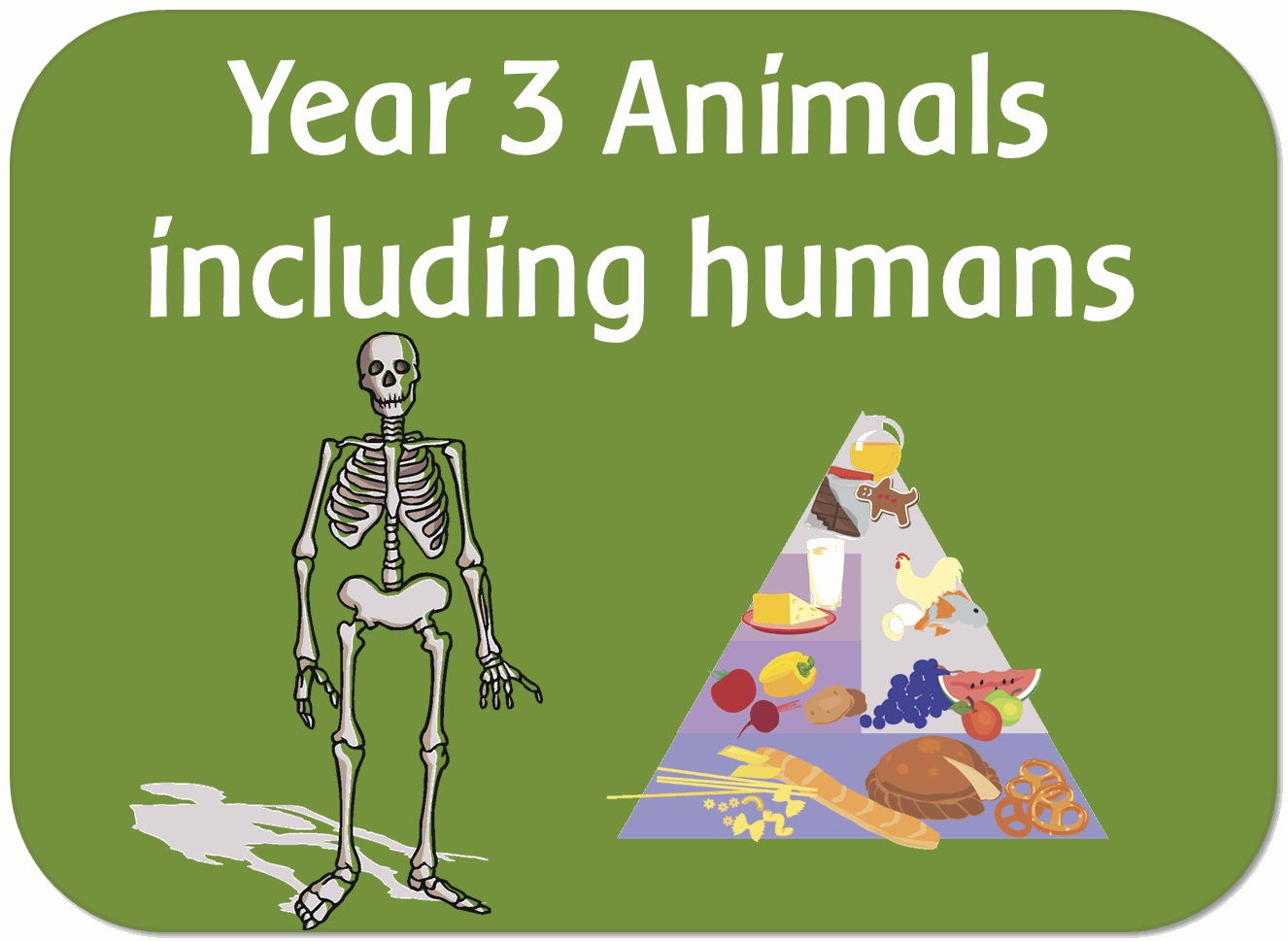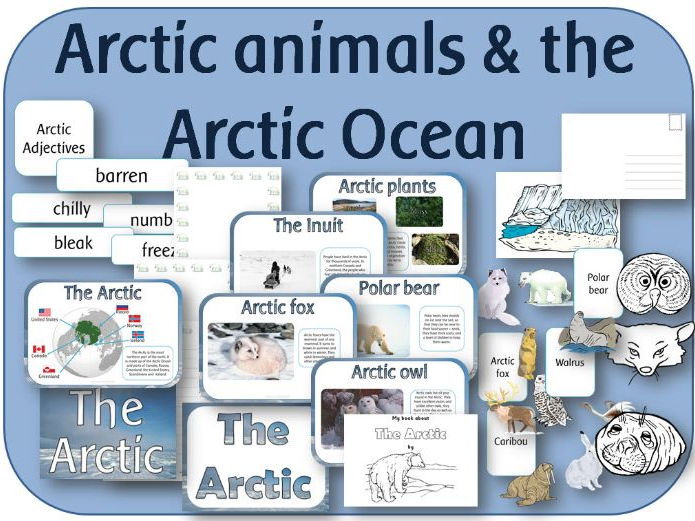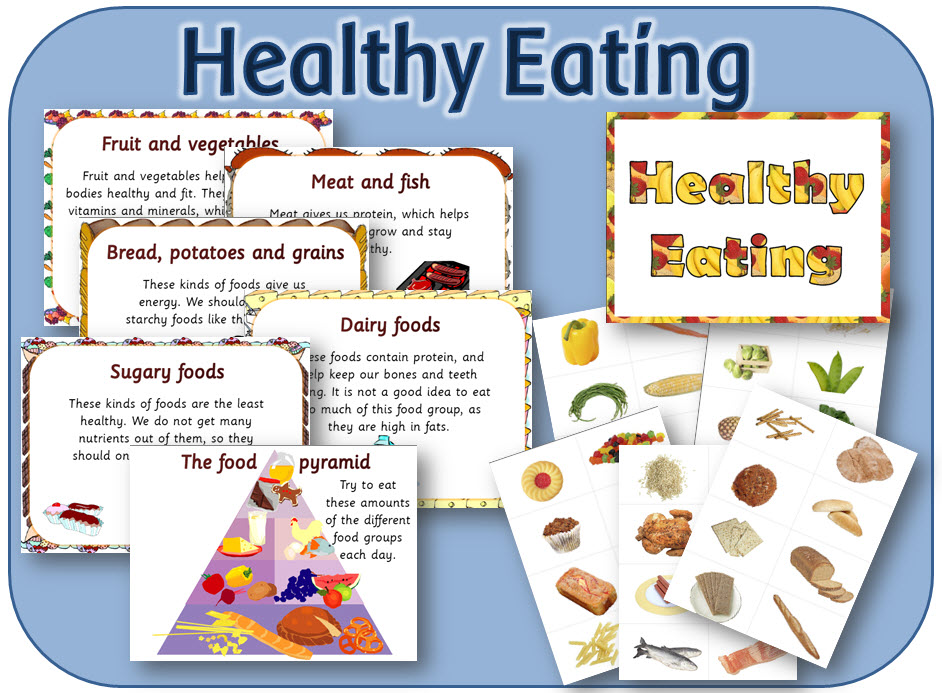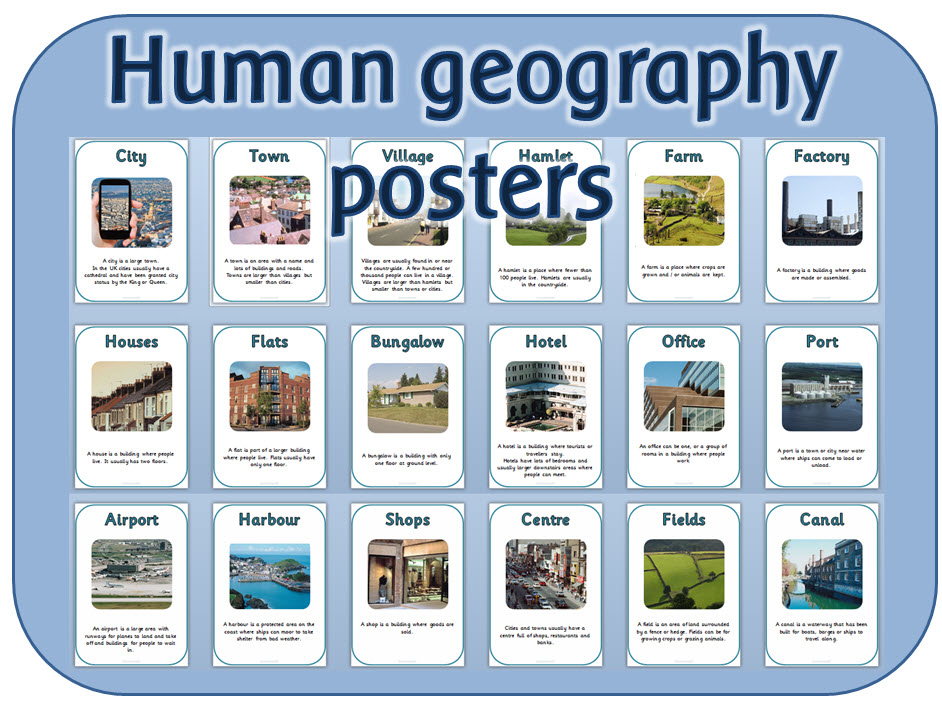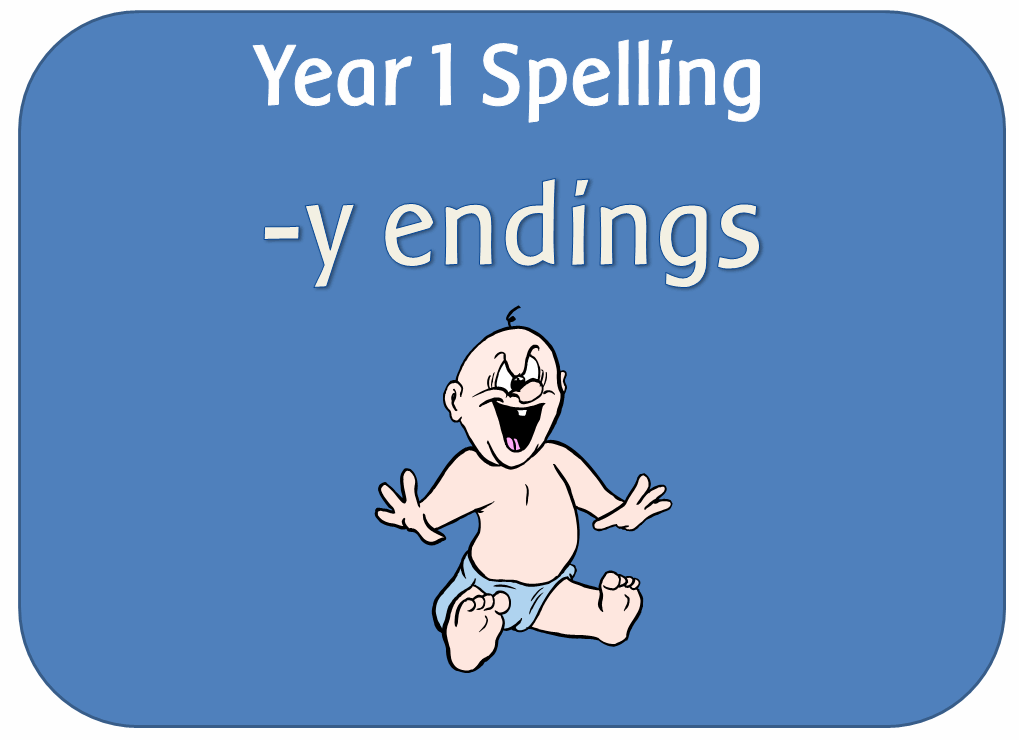
404Uploads
1066k+Views
681k+Downloads

Year 5 science Properties and changes of materials - powerpoints, worksheets and planning
A set of resources for the new science curriculum. It contains:
1a. INTRODUCTION TO THE TOPIC - LO: To find out what the children already know about materials.
WORKSHEET: A sheet for the children to record what they already know and what they would like to find out about materials.
1b. MATERIAL PROPERTIES - LO: To compare and group everyday materials together
POWERPOINT: A look at 12 different properties of materials, with examples of the materials with those properties. It can also be printed out for display.
WORKSHEET 1: Material properties worksheet
2. DISSOLVING - LO: To know that some materials will dissolve in liquid to form a solution, and describe how to recover a substance from a solution
POWERPOINT: Explains the meaning of dissolve and gives examples of different materials that can be dissolved.
3. SEPARATING A MIXTURE - LO: To use knowledge of solids, liquids and gases to decide how mixtures might be separated.
POWERPOINT: Looks at different mixtures and how they can be separated, including sieving, filtering and evaporating.
4. USES OF EVERYDAY MATERIALS - LO: give reasons, based on evidence from comparative and fair tests, for the particular uses of everyday materials
POWERPOINT: Asks the children to study objects to see what properties different materials have. Asks questions about which properties and materials would be best for making certain objects.
5 & 6. REVERSIBLE AND IRREVERSIBLE OBJECTS - LO: look at dissolving, mixing and changes of state, and reversible and irreversible changes.
POWERPOINT: Explains the meaning of reversible and irreversible changes, giving examples of each. Ends with a quiz where the children have to decide what changes have taken place to certain materials.
7. MATERIALS QUIZ: Recap of all the learning objectives.
POWERPOINT : A quiz
WORKSHEET : Sheet for recording quiz answers
WORKSHEET : Sheet for recording what they have learnt
OTHER RESOURCES
A-Z lettering, with a picture background
A4 Properties and changes of materials title
Materials banner/lettering to cut out
Materials topic booklet front cover - with space for children to draw their own design.
Vocabulary PowerPoint - can be used as a show and printed out for display.
Photo cards - 12 objects made from different materials
Investigation and recording sheets - A folder of blank tables, graphs and planning and recording sheets
Year 5 Materials medium term planning: An outline of the activities and learning objectives with websites and ideas. It can be added to and amended for your own use.

Year 3 science - Animals including humans worksheets, powerpoints, planning and display
A set of resources looking at how animals need the right types and amount of nutrition; and how humans and some other animals have skeletons and muscles for support, protection and movement.

Spag Punctuation posters: KS1 KS2 Years 1 to 6 display pack
A set of 22 A4 posters describing, naming and explaining different types of punctuation
The posters cover all the punctuation outlined in the English National Curriculum.
The titles of the posters are:
Punctuation
Capital letters
Spaces
Sentence
Full stop
Question mark
Exclamation mark
Apostrophes for contractions
Apostrophes for ownership
Comma
Commas for lists
Inverted commas
Ellipsis
Hyphen
Colons to introduce a list
Colons for independent clauses
Semi-colon
Bullet points
Dash
Brackets
Plus 2 'DO NOT...' posters:
Do not use an apostrophe for 'its' when it is a possessive adjective
Do not use an apostrophe for plurals
Each poster contains the title and explanation and an image / examples
Plus a 'Punctuation' banner that prints onto 3 A4 pages and a border to frame a display.

Places of worship - the Church and Christianity powerpoint and activities
A powerPoint lesson plus worksheets.
The PowerPoint is 46 pages long and split into different sections:
What do church buildings look like?
Shows photographs of new and old / large and small churches, and the oldest church in Britain; shows the layout of many church buildings, and explains who goes to church and why.
What do church buildings look like inside?
A large photograph of the inside of the church for children to look at; then shows and explains about different types of furniture found inside a church. (Altar, font, stained glass windows, lectern, pulpit, pews and kneelers, and organ)
What artefacts are found inside churches?
Shows religious artefacts, and explains why they are found in churches. (Crosses, Hymn board, candles, Bible, Tabernacle, chalice, ciborium and patten, statues, and the stations of the cross.)
What symbols might be found inside a church?
The Ichthus, doves, candles, Communion bread, water, colours, bells, incense)
What celebrations might happen in church?
Sunday services, baptism, marriage, funerals.
How should we behave in a church?
Asks questions about appropriate behaviour.
Worksheets (pdf format to print out)
Church building - Shows the inside of a church, for children to label
Church diagram - Shows the layout of a church, in a cross shape
Church objects - Pictures of a font, Chalice and communion bread, an altar, stained glass window, pulpit and church organ for the children to write about.
Design a hassock - A template for designs
Objects worksheet - For the children to choose an object they find in church, and draw, and describe it.
Symbols of Christianity - Pictures of the Ichthus, dove, and cross with space for the children to write about them./ artefacts in a church / symbols / celebrations/ how should you behave in a church.

SPaG Year 5 & 6 Spelling: Use of the hyphen
A powerpoint lesson and a jigsaw activity to teach the spelling guidelines:
Hyphens can be used to join a prefix to a root word, especially if the prefix ends in a vowel letter and the root word also begins with one.

Transport EYFS topic pack - powerpoints and activities
A set of 13 PowerPoint resources and several printable activities looking at different types of transport for early years.
POWERPOINT FILES:
5 Little men in a flying saucer: The song
A-Z of transport: Pictures for every letter of the alphabet, related to transport
How does it travel: A simple quiz
Old and new transport: Compares old and new kinds of transport
Row your boat: The song
The history of cars: Pictures of cars, how they have changed
The history of transport: From the Stone age to the modern age.
The Wheels on the bus: The song, with sounds and animations
Types of transport: Different kinds with labels
Transport 2: Different kinds, why we need it etc.
Transport shapes: Simple shapes in the environment related to transport
Vehicles that travel in the air: Pictures and facts
Vehicles that travel on water: Pictures and facts
Vehicles that travel on land: Pictures and facts
Transport advertisements - Adverts from the past 100 years showing old cars etc. Can be printed or viewed as a show.
PRINTABLE PDF ACTIVITIES:
Transport lotto: Game to print out and laminate
Shape car: A car to make by cutting out shape
Black and white pictures with headings to colour / write on
5 Little Astronauts - props, heading and rhyme
5 Little Firefighters - props, heading and rhyme
5 Little men in a flying saucer - heading, props, masks and earth

Minibeasts / Insects for EYFS / KS1: PowerPoint lessons, activities and display pack
POWERPOINTS
ANTS:10 page presentation, includes where they live, body parts, life cycle, ant attacks, and food.
BUTTERFLIES: 15 page presentation, includes parts of a butterfly, life cycle of a butterfly, butterfly eggs, caterpillars, what caterpillars eat, how caterpillars change, what do butterflies eat, how do they fly, why are they different colours, and camouflage.
EARWIGS: 11 page presentation, including how they grow, what they eat, where they live, are they pests, how they are born, and interesting facts.
FLIES: 12 page presentation, includes what they eat, life cycle, houseflies, horseflies, mosquitos, crane flies, dung flies, and hoverflies.
HONEY BEES: 10 page presentation, includes what they eat, where they live, arethey pests, bee stings, life cycle, what they look like close up, how they make honey, and a bee rhyme
LADYBIRDS:10 pages, includes where they live, what they eat, life cycle, enemies, facts and a rhyme.
SLUGS AND SNAILS: 9 page presentation, includes where they live, what they look like, how they move, life cycle, what they eat, and what eats them.
SPIDERS: A 22 page presentation, includes spider body parts, legs, eyes, mouth, predators, webs, spiderlings, different types of common spiders - house spider, garden spider, woodlouse spider, wasp spider, spitting spider, and tarantula.
WOODLICE: 7 page presentation, including where they live, are they insects, what do they look like, what do they eat, does anything eat them, and life cycle.
WORMS: A 13 page presentation, includes can worms see, where they live, how they move, what and how they eat, how they breathe, their enemies, and how they are good for the soil.
MINIBEAST FACT FILE: 24 page presentation, recapping different minibeasts
I KNOW AN OLD WOMAN WHO SWALLOWED A FLY: -the rhyme
DISPLAY resources
A-Z LETTERING: Plus numbers and letters with a minibeast/leaf fill
MINIBEASTS BANNER: Prints onto 2 A4 sheets
MINIBEASTS DISPLAY BORDER: Attractive border to print out to frame your displays
INSECTS LETTERING: Prints onto 2 A4 sheets. You can cut the letters out out or display it as a banner
MINIBEASTS LETTERING:Prints onto 3 A4 sheets. You can cut the letters out out or display it as a banner
NUMBER LINE: Ant number line to 20
LIFE CYCLES: 3 pages - the life cycles of a bee, butterfly and fly.
ACTIVITIES
CARDS - WORDS AND PICTURES: Match the words to the minibeast pictures. 16 different minibeasts, 32 cards in total
MINIBEASTS FLASH CARDS: 39 different flash cards with photographs of common minibeasts. They can be used as cards or for display.
MINIBEAST CLIPART: Colourful clipart to print
MINIBEAST COLOURING: Large black and white pictures to colour
WRITING BORDER: Minibeast writing border; lined and unlined
TOPIC COVER: To colour in - 2 versions, insect/minibeasts

The Arctic: ( animals and Ocean) powerpoint,display, worksheets and activities
A set of printable resources (display, worksheets, games and activities) plus a PowerPoint about the Arctic, the Arctic Ocean and animals in the Arctic.
The set contains:
The Arctic PowerPoint. It covers:
What is the weather like in the Arctic?
Where is the Arctic?
What is the Arctic Circle?
The North Pole
What plants grow in the Arctic Circle
What animals live in the Arctic Circle - herbivores and predators
Arctic birds
Arctic whales
Arctic sea animals
Humans and the Arctic
2 A4 headings
Alphabet polar bears
Anagram worksheet - Arctic animals
A-Z lettering with an snowy background; all letters of the alphabet, plus numbers and punctuation, plus ‘The Arctic’ in large letters
Bookmarks to cut out and colour, with polar bears
Display border - with pictures of polar bears
Cards - Arctic animals for games or display
Factfile sheets - for children to research and fill in
Flags - The countries bordering the Arctic Circle
Map showing satellite imagery of the Arctic Circle
A map of the Arctic Circle
Masks - black and white animals from the Arctic
Number line to 20 with digits and written numbers with a polar bear background
Passport to fill in for a trip to the Arctic
Pictures of Arctic animals to cut out and use in topic work
Pictures of Arctic animals to print out for display
Postcard to write from the Arctic
Set of posters with explanations and photographs of:
The location of the Arctic
Arctic plants
The Inuit
Arctic animals
Polar bear
Wolverine
Arctic fox
Arctic owl
Arctic tern
Snow geese
Arctic hare
Arctic squirrel
Lemming
Seal
Muscox
Caribou
Walrus
Topic covers - 3 different versions
Vocabulary cards - Arctic adjectives for composition
Writing border sheets - lined and unlined

Healthy Eating display
A set of resources for display about Healthy Eating and different food groups. It includes food group posters, blank food group posters, images of different types of food that can be used for display or card games, headings and lettering.

KS1 Human Geography Vocabulary posters and headings display pack
A set of 22 posters with photographs and explanations of the human geographical vocabulary for KS1.

Y6 SPaG Punctuation resources: Colon, semi-colon, dash, bullet points and hypens
This set includes 2 resources:
One powerpoint explaining:
the use of the semi-colon, colon and dash to mark the boundary between independent clauses
use of the colon to introduce a list and use of semi-colons within lists
punctuation of bullet points to list information
Plus 5 A4 posters explaining the use of the colon, semi-colon, dashes, bullet points and hypens

KS2 History Stone Age unit of work pack - PowerPoint lessons, activities and display
A set of resources looking at the Stone Age in Britain - Includes Powerpoint lessons, worksheets, and display.
POWERPOINTS:
INTRODUCTION TO PREHISTORY TIMELINE: (20 pages) A timeline showing the history of the Earth, from when it was first formed to the beginning of the Stone Age
THE STONE AGE: (30 PAGES) Description of different aspects of Stone Age life that can be split into weekly topics including
Sources of information
Stone Age Britain
Stone Age people
Food
Change from hunter-gatherers to farmers
Skara Brae
BOOKLETS
Prehistory timeline booklet: Corresponds to the prehistory PowerPoint. It can be printed for display, or used as a reference pack.
Stone Age booklet: Corresponds to the Stone Age PowerPoint and can be printed for display or reference.
WORKSHEETS: (for recording research)
Prehistory writing sheet
Cave paintings
Stone Age climate
Stone Age food
Stone Age way of life
Write a report about .... (x10) - Different British Stone Age archaeological sites
Topic covers (x 5 different designs) For topic books
Stone Age writing border sheets (x2; lined and unlined)
STONE AGE DISPLAY:
A4 title
A-Z lettering in a stone background
The Stone Age banner
Stone Age timeline
Stone Age artefacts
Stone Age border for display boards
Stone Age bunting

KS2 History Iron Age Pack - PowerPoint lessons, activities and display
A set of activities looking at the Iron Age and the Celts in Britain, consisting of an informative Powerpoint, printables and display resources.
POWERPOINT (26 PAGES): Description of different aspects of Iron Age life including
Sources of information
Iron Age Britain
Iron Age people & tribes
Iron Age life
Buildings: Hill Forts
Art and Culture
Religion
Battle
Arrival of the Romans
IRON AGE WORKSHEETS: (for recording research)
Iron Age sites recording sheet
Iron Age tribes in the local area
Iron Age art and culture
Iron Age farming
Iron Age hill forts
Iron Age tribal kingdoms
Topic covers (x2) For topic books
Iron Age writing border sheets (x2; lined and unlined)
IRON AGE DISPLAY:
A4 title
A-Z lettering in a metallic iron background
The Iron Age banner
Iron Age artefacts
Iron Age border for display boards

SPaG Year 1 Spelling pack: Words ending in y
A set of resources to teach the guideline/rule in the Spelling Appendix:
When a word ends in an /i:/(‘ee’) or /ɪ/ (‘i’) sound, it can be spelt –y.
POWERPOINT: Explains the spelling rule and gives examples of words for a class activity where the children can try to spell the words.

The Roman Empire and its impact on Britain pack - Powerpoints , activities and worksheets
POWERPOINTS:
THE ROMAN EMPIRE INTRODUCTION: Introduces the topic by putting the era in context with the Stone Age, Bronze Age and Iron Age in Britain, on a timeline. It includes an explanation of how Rome was founded, where it is, and how it changed from a kingdom to a republic and then an empire.
JULIUS CAESAR: Explains who Julius Caesar was and the attempted invasions in 55 and 54BC.
THE ROMAN EMPIRE BY AD 42: Begins by discussing the assassination of Julius Caesar and the formation of the Roman Empire. Looks at the first Emperor, Augustus, mentions Tiberius and Caligula, then talks about Claudius and how he gained power. Then looks at the Roman way of life in the Empire, how powerful it was and what area it covered.
THE ROMAN ARMY: Investigates how the Roman Army was made up; of centuria, cohorts and legions; and auxiliary soldiers.Looks at how they were trained, what types of jobs they did, and why nobody could beat them in battle.
THE ROMAN INVASION OF BRITAIN: A detailed account of the invasion by Claudius in AD 43, British resistance by Boudicca and Caractacus, Hadrian's Wall, and the end of Roman rule.
THE ROMANISATION OF BRITAIN: Looks at how the Romans build civitas, or towns for different tribes in Britain, looking briefly at Caerwent. Explains and gives examples of Roman technology, culture and beliefs and what lasting impacts they have had.
TIMELINE OF THE ROMAN EMPIRE: A 1 page timeline, can be printed or viewed as an animated show.
TRIBES CONQUERED BY THE ROMANS: A 4 page presentation, detailing how the Romans conquered each tribe in Britain. Can be printed or viewed as a show.
WORKSHEETS:
Roman Empire topic covers x 4
What I already know / would like to find out about the Roman Empire
Worksheet - Romulus and Remus
Writing sheets - Julius Caesar (lined and unlined)
Blank map of Europe
Worksheet - living in the Roman Empire in AD 42
Design a Roman scutum
Worksheet - weapons of a Roman soldier
Pictures of Roman soldiers in black and white
Writing sheets - The Roman Army (lined and unlined)
Map of tribes in Britain
Tribes in the local area
Worksheet - Living in Britain in the Iron Age
Writing sheet - Boudicca
Report writing sheet - Roman settlements in the local area
OTHER:
De Bello Gallico - Accounts written by Julius Caesar of his first and second visits to Britain
Roman Empire Planning - An adaptable outline medium term plan in Word

KS2 Topic The Victorians: powerpoint lesson pack
A look at life in Victorian times. The powerpoints cover:
Who were the Victorians and when did they live: Includes British timeline, Queen Victoria's life, and comparison of rich and poor family in Victorian times
Dr. Barnado: His life, and how he improved life for poor children.
Lord Shaftesbury: His life, and how he improved factory conditions, and education.
What was it like going to school at the end of the nineteenth century: What Victorian schools were like
How did different Victorian children use their spare time: Explains the different activities and toys of rich and poor children
Leisure time in the Victorian era: How the Victorians entertained themselves
What was life like for a poor child in the 1840's: Explains the different jobs poor children had to do, with photographic evidence, and links to online research.
Victorian Household objects: 11 photographs to look at and find clues.
Victorian Life: Photographs of Victorian Britain to look at and use for discussion points.

Houses and Homes - what were homes like in Victorian times - powerpoints
A look at different types of homes, and what homes were like in the Victorian age

World War II & VE day - powerpoint lessons covering different aspects of WW II
A set of 9 powerpoint files looking at life during WWII:
The Second World War: An introduction to the causes
The Blitz: Description of what it was, and what happened during the bombings.
Why were children evacuated?: The reasons why
What was it like to be an evacuee: Experiences of children, with web-links
What did people eat during the war?: Explains why rationing occurred, what kinds of food/meals people had.
Women in WW2: What jobs women did
What did children & adults do in WW2: Ways of life and pastimes
What was it like for people who fought in WWII: Lots of pictures to look at and think about what life was like for soldiers.
Children of WW2: Thought-provoking pictures.
VE Day: A recap of the main events of WWII and what happened on VE day.

Achievements of the earliest civilizations - lessons, activities, planning & display
An overview of when and where the first civilizations appeared with a closer look at Mesopotamia, Ancient Sumer and Ancient Egypt.
POWERPOINT LESSONS:
What are ancient civilizations: An introduction to the topic, explaining the meanings of ancient and civilization
The development of early civilizations: Explains how humans developed from living as hunter-gatherers to becoming farmers and the change from moving around to living in villages, towns and cities.
Early civilizations: Looks at the locations and dates of the main early civilizations. There are details on Mesopotamia, Ancient Egypt, Peru, the Yellow River, the Indus Valley and Mesoamerica.
History of Mesopotamia & Ancient Sumer: A 15 page powerpoint looking in detail at Mesopotamia and Ancient Sumer.
History of Ancient Egypt: A 25 page powerpoint looking in detail at Ancient Egypt, the three Kingdoms, the River Nile, houses, medicine,etc.
ACTIVITIES (pdf)
What I already know/would like to find out about ancient civilizations: To record for AfL
The development of early civilizations writing sheets: Bordered sheets
Ancient civilizations fact file template: To find and record information, one with headings, one with blank boxes to adapt
Topic covers x 4 Ancient civilizations
Topic covers x 4 Ancient Egypt
Topic covers x 4 Ancient Sumer
Writing border x 4: Each of the 4 designs has a blank page, a lined page and a half lined page. The border designs are Tut, Enki, Pyramids & Ur
ACTIVITIES (word)
Ancient Sumer fact finding sheets: 7 different sheets for finding out and recording information under specific headings. Can be used as a template to write a report or for different groups to find information.
Ancient Egypt fact finding sheets: 10 different sheets as above.
Plus a medium term plan in word with activities and web links.

